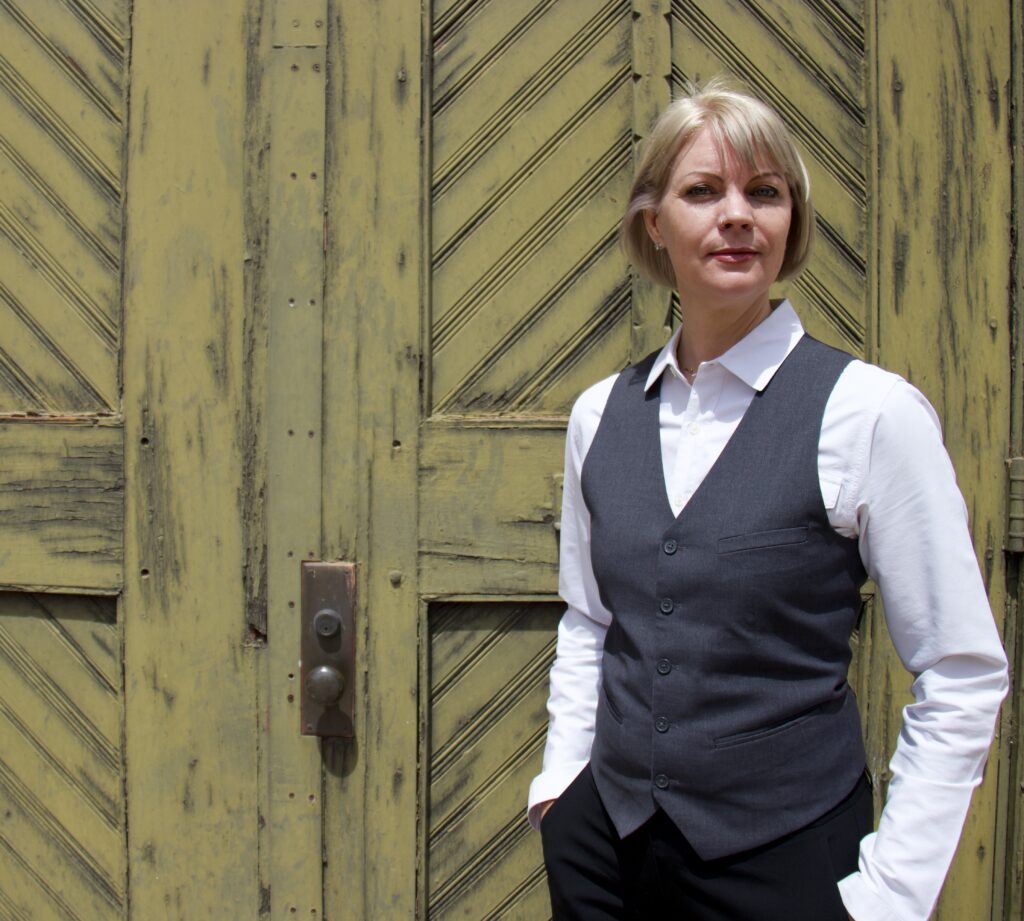I had the good fortune to be profiled in Society for Hospital Medicine’s LGBT postings this June 2023 as part of Pride Month. I was interviewed early in the Spring and received a preview of the article. The journalist stated that I did pronoun advocacy work and received the Diversity and Equity Award for my Residency class for pronoun work in the EMR. This is not true. The language from the first draft shifted just enough in the final version to have a different meaning. When I saw it in print I became VERY uncomfortable with the inaccuracy. I did not remember that point in the draft. I went back to the email exchange and indeed it was there from the beginning. It is strangely ironic that I would be highlighted as the pronoun advocate in medicine because of the very real pain that I have caused other people by mis-pronouning and misgendering them.
Although I have been involved in trans health advocacy since 2003 I have made many mistakes over the past two decades. In 2013 I gave a talk at the Philadelphia Health Conference that was disastrous; I horribly publicly misgendered several people when calling on them for questions. In 2021 I dated someone that had several GenZ friends who used they/them pronouns and we all struggled with my default to binary pronouns in unthinking moments. Therefore, to have me championed as a pronoun advocate is more bitter than sweet.
I do prefer the gender affirming pronouns of they/themme for myself. I only allowed myself to come into these pronouns in 2021 after over a year (decade) of introspection and examination. The above GenZ folks as well as social media sites like @seedingsovereignty on Instagram helped me realize that even though I have lived most of my GenX life without language to describe my gender I am free to use whatever pronouns that feel most comfortable. I have them in my work signature but I have not pushed for them personally.
The Trans health work that I do includes peer to peer level discussions about language in documentation as many health care providers still use language from the 1990s. I provide trauma informed care for my patients of all genders, and have a special place in my heart for all gender nonconforming folks in health care settings. I work with administrative staff, creating education about the gender spectrum and experience of gender and sexual diverse individuals to create safe medical homes for LGBTTIQ2S folks. And, moving forward I am working to create Justice/Equity/Diversity/Inclusion community gatherings within internal Medicine to lift the voices of Black, Indigenous and Trans physicians towards leadership roles as these are the least represented identities in medicine (and therefore the most needed.)


